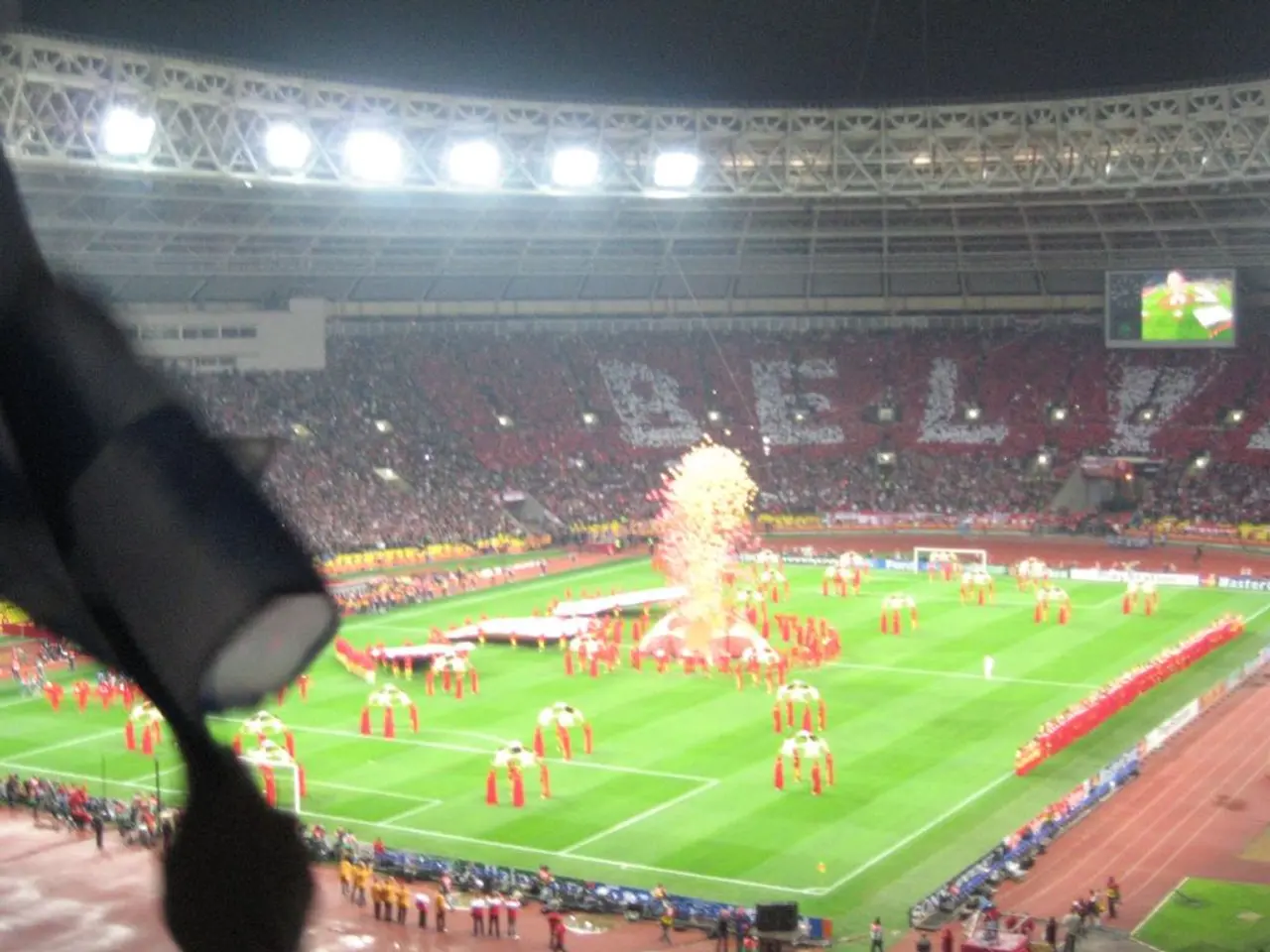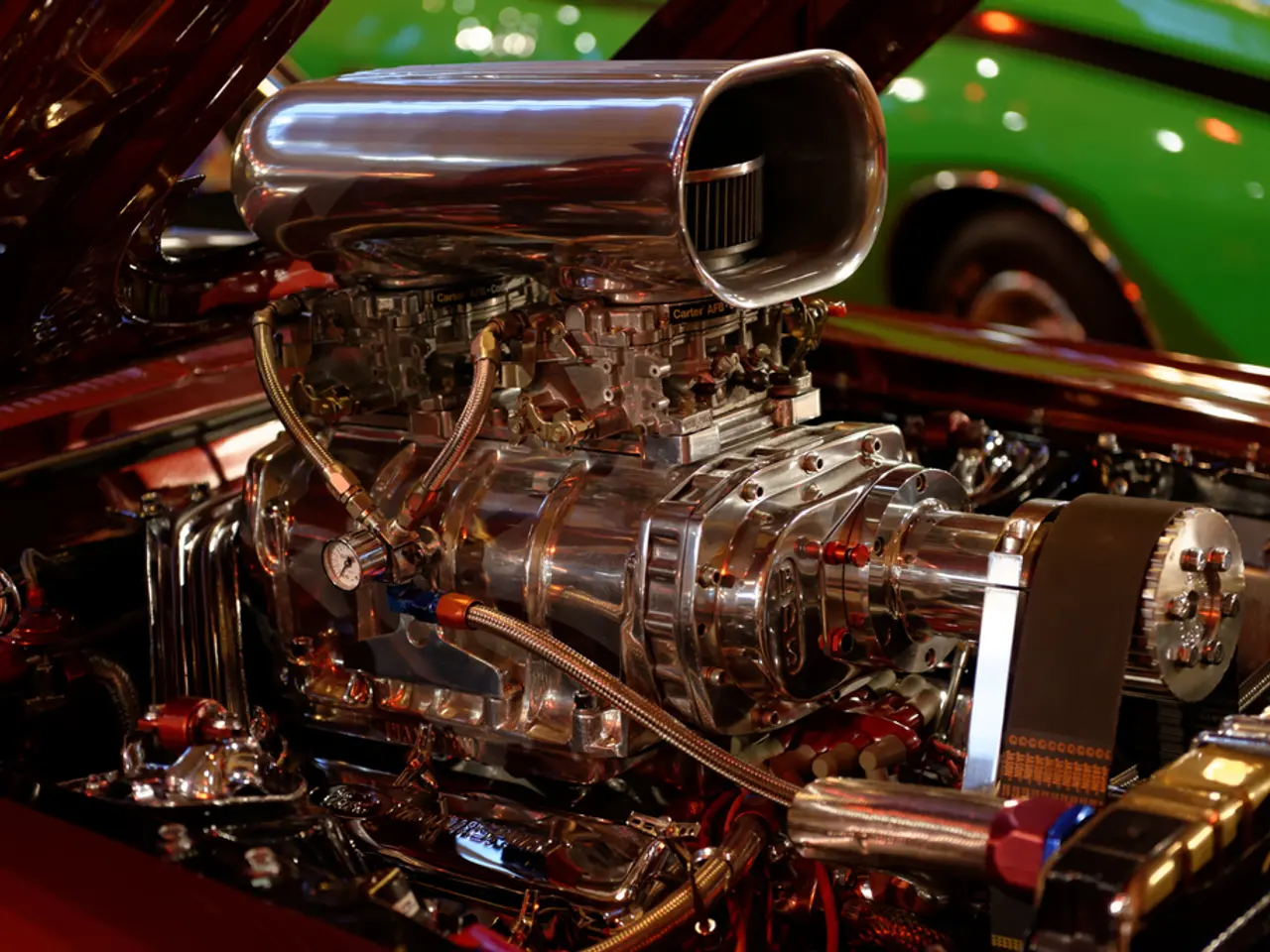Permits Needed for HVAC Professionals in the State of Michigan
Obtaining an HVAC License in Michigan: A Step-by-Step Guide
Interested in pursuing a career as an HVAC professional in Michigan? Here's a comprehensive guide to help you navigate the licensing process.
To begin, you must meet some basic requirements. You should be at least 18 years old and hold a high school diploma or its equivalent, such as a GED.
Next, you'll need to complete formal education or an apprenticeship, gaining at least 2 to 5 years of supervised experience under a licensed contractor. This practical training is crucial, and the number of on-the-job training hours often ranges between 2,000 to 6,000.
Once you've fulfilled these prerequisites, it's time to take the Michigan mechanical trade exam. Passing this exam is a significant step towards obtaining your HVAC license.
The application process typically involves submitting forms through the state licensing board website or local authority portals. Here, you can find exam schedules and fee details. Since Michigan does not require a general state-level HVAC contractor license, professionals often seek licensing or certification locally.
It's essential to verify with local agencies for any additional business licenses or contractor registration required, as Michigan regulates business licensing on a local level along with some professions through the Michigan Department of Licensing and Regulatory Affairs (LARA).
Once approved, you'll need to maintain your license by renewing it periodically and meeting any continuing education or local requirements if applicable.
The cost of HVAC training and licensing in Michigan can vary significantly, ranging from $350 to $15,000, depending on the type of education and training. HVAC repair equipment is also required for starting an HVAC business, which will require a few hundred dollars at the least of capital.
Despite inflation and high interest rates, the HVAC industry in Michigan is expected to remain stable. Existing homeowners and commercial buildings in Michigan require regular HVAC repairs and upgrades, providing ample opportunities for licensed professionals.
Starting an HVAC business in Michigan requires business registration, choosing a business name, and obtaining various types of business liability insurance. To apply for a mechanical contractor license, one must be at least 18 years old, have a social security number or taxpayer identification number, pass an exam, pay licensing fees, undergo a background check, and secure insurance.
The exam includes questions about HVAC codes, safety, installation, and more. The duration of the exam varies depending on the HVAC classification, ranging from one to three hours. To pass, you'll need a score of 70% or higher. Renewal can be done online for a fee, and reminders are sent when renewal is due.
Michigan HVAC licenses are not reciprocal in other states, except for military personnel and veterans. There are different classifications of the mechanical contractor license in Michigan, such as HVAC equipment, ductwork, refrigeration, specialty (solar heating and cooling), and others. To obtain a mechanical contractor license, one needs at least three years of experience in the specific classification.
It's important to note that specifics can vary, so consulting the Michigan mechanical licensing board or local municipal offices will provide state-specific application forms, fee schedules, and any additional requirements. The HVAC industry in Michigan is expected to grow at least 6% annually through 2026, making it an exciting time to join this field.
While pursuing a career in the HVAC industry in Michigan, it's crucial to monitor both the weather conditions and upcoming sports events, as severe weather may disrupt training schedules or lead to emergency calls, whereas popular sporting events might create a higher demand for HVAC services due to increased use of heating and cooling systems in sports facilities.
During the Michigan Wolverines' football game season, for instance, HVAC professionals may experience an uptick in service calls from stadiums, arenas, or sporting facilities needing prompt repairs or maintenance due to increased usage of heating and cooling systems.






